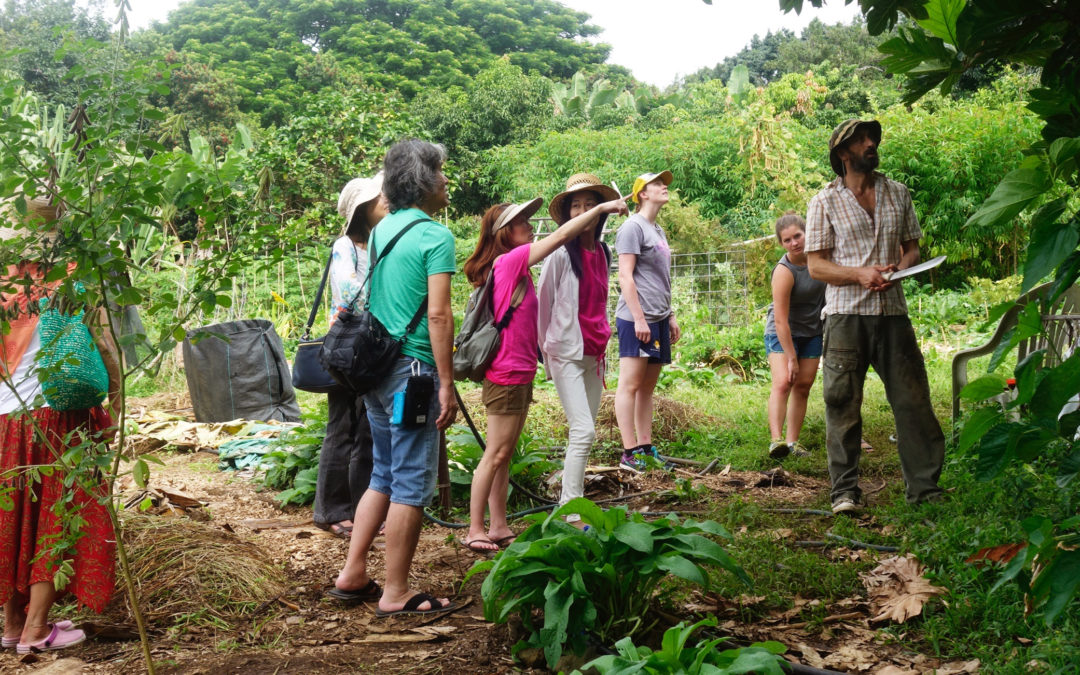
Exploring the World Sustainably: The Rise of Ecotourism
In an age where environmental awareness and sustainable practices are becoming increasingly crucial, the travel and tourism industry has undergone a remarkable transformation. A significant shift has taken place, moving away from traditional mass tourism towards a more conscious and responsible way of experiencing the world – ecotourism. This burgeoning sector not only offers travelers unique and immersive experiences but also places a strong emphasis on preserving the natural and cultural heritage of destinations for generations to come.
Defining Ecotourism: More Than Just Travel
Ecotourism, as the name suggests, is a form of tourism that focuses on ecological and environmental conservation while enhancing the well-being of local communities. It is characterized by its commitment to minimizing the negative impact on the environment, promoting cultural awareness, and providing economic benefits to host communities. Unlike conventional tourism, which can sometimes result in resource depletion and cultural commodification, ecotourism seeks to strike a harmonious balance between exploration and preservation.
Principles of Ecotourism
- Environmental Conservation: Ecotourism places the protection of natural ecosystems and biodiversity at its core. Activities are designed to minimize damage to fragile ecosystems and wildlife habitats. For instance, nature walks, birdwatching, and wildlife safaris are popular ecotourism activities that encourage participants to appreciate the beauty of the natural world without causing harm.
- Cultural Respect and Interaction: Beyond environmental conservation, ecotourism also values the cultural heritage of host communities. Travelers are encouraged to engage with local traditions, practices, and customs, fostering mutual understanding and respect between visitors and locals. This often results in the preservation of cultural identities and traditions that might otherwise be eroded by more exploitative forms of tourism.
- Economic Benefits: Ecotourism aims to empower local economies by generating income and employment opportunities for residents. Revenue generated from ecotourism activities can fund conservation efforts and community development projects, leading to improved infrastructure, healthcare, and education for local communities.
- Education and Awareness: An essential aspect of ecotourism is educating travelers about the importance of environmental protection and sustainable practices. By raising awareness about conservation efforts, travelers become advocates for the environment in their own communities.
Examples of Ecotourism Initiatives
- Costa Rica: Often hailed as a pioneer in ecotourism, Costa Rica has established numerous national parks and protected areas, attracting travelers with its rich biodiversity and commitment to sustainability. Visitors can explore lush rainforests, spot exotic wildlife, and engage in eco-friendly activities such as zip-lining and hiking.
- Galápagos Islands: These remote islands are renowned for their unique wildlife species that inspired Charles Darwin’s theory of evolution. Strict regulations and limited visitor numbers ensure that the fragile ecosystem of the Galápagos remains undisturbed while allowing travelers to witness remarkable wildlife up close.
- Rwanda: With a focus on both wildlife conservation and community development, Rwanda offers gorilla trekking experiences that fund conservation efforts and support local communities. This approach has helped protect the endangered mountain gorillas while providing economic opportunities for nearby residents.
Challenges and Future Outlook
While ecotourism holds immense promise, it is not without challenges. The delicate balance between satisfying travelers’ desires and protecting ecosystems requires careful planning and regulation. Overcrowding, habitat disturbance, and insufficient infrastructure can undermine the sustainability of ecotourism initiatives.
The future of ecotourism lies in technological innovation, responsible policy-making, and continued collaboration between governments, businesses, and local communities. As travelers become more conscious of their impact on the environment and society, the demand for authentic and sustainable experiences is likely to increase.
Conclusion
Ecotourism represents a remarkable evolution in the travel industry, showcasing the potential to explore the world while respecting its natural and cultural wonders. By adhering to the principles of environmental conservation, cultural respect, economic benefit, and education, ecotourism provides a roadmap for a more responsible and harmonious way of experiencing the planet. As we navigate an era of environmental challenges, ecotourism stands as a beacon of hope, demonstrating that our wanderlust can coexist with our commitment to safeguarding the Earth.








